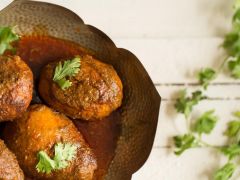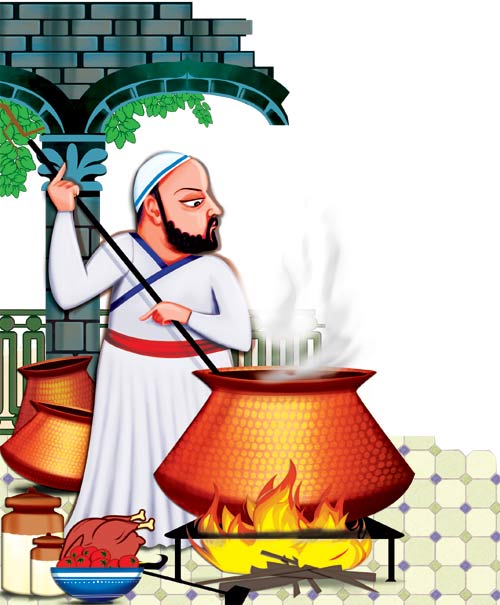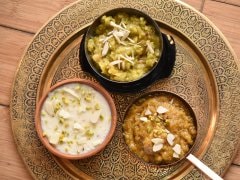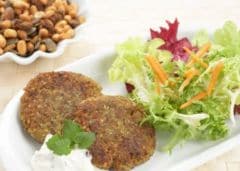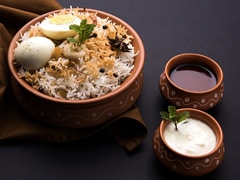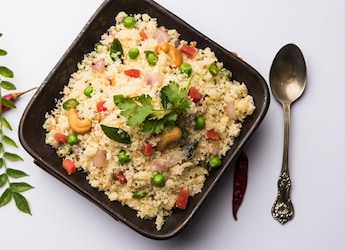Khansamas
- No Ordinary Cooks: The Rise and Decline of the Tradition of Khansamas
The khansamas were a product of a feudal India, of the British Raj, and while their legacy lived on for many decades post-Independence, and post the abolition of the privy purses which dealt a death ...
- Sep 06, 2017 17:23 IST
- What's Cooking in the Dak Bangla?
Dak Bungalow (or Bangla) cuisine, sadly, is a near-forgotten culinary treasure that survives among a few remaining khansama families and Anglo Indian households. Rajika Bhandari's The Raj on the Move retraces some of these flavours ...
- Nov 09, 2012 15:26 IST
- The Two Most Unique Indian Halwas You Will Only Find in Rampur
Rampuri cuisine is the quintessential courtly cuisine of India where every recipe has been secretly preserved for centuries by the khansamas of the royal kitchens and where every dish has a story to tell.
- Apr 24, 2018 12:28 IST
- Galouti Kebab: The Melt-in-the Mouth Delicacy Originally Made for a Toothless King
The legend goes that the Nawab had lost most of his dentures due to old age, but his penchant for kebabs were far from dying. So for their toothless Nawab, the seasoned khansamas came up ...
- Jun 16, 2017 16:11 IST
- Book Review | The Mughal Feast: Recipes from the Kitchen of Emperor Shah Jahan by Salma Yusuf Husain
Salma tries to familiarise her readers to the mystique of 'Mughal cuisine', which borrowed heavily from Turkish, Afghani and Persian styles. The Mughal Khansamas successfully married the foreign influences with Kashmiri, Punjabi and Deccan ingredients.
- Jun 12, 2019 11:56 IST
- Benami Kheer: Why Did The Chefs Of Awadh Refuse To Name This Unique Dessert? (Recipe Inside)
Traditional Benami kheer recipe is one such legendary dessert from Awadhi kitchens, which was not given a name, because the chefs didn't want to reveal the secret ingredient in the kheer.
- Dec 21, 2020 10:29 IST
- Indian Cooking Tips: This Super Easy Recipe Of Kolkata Biryani Screams Indulgence
The Awadhi khansamas brought their recipes along with themselves; and in Kolkata, was born, the very special Kolkata Biryani.
- Dec 30, 2020 12:20 IST
- Dine Like "Malikas" And Enjoy Authentic Old Delhi Flavours At Crowne Plaza Okhla's "Dilli 6" Food Festival
Khansamas from Chandni Chowk has been specially brought by the team at Crowne Plaza Okhla to curate an authentic cuisine of Delhi foodies, keeping hygiene in mind!
- Mar 15, 2022 19:05 IST
- Biryani By Kilo Brings The Exquisite Flavours Of Mughlai Cuisine At The Comfort Of Our Home
Biryani by Kilo is known for its Khansama style fresh dum cooked handi biryanis. They have curated a range of biryanis in their menu from across India.
- May 23, 2022 12:16 IST
